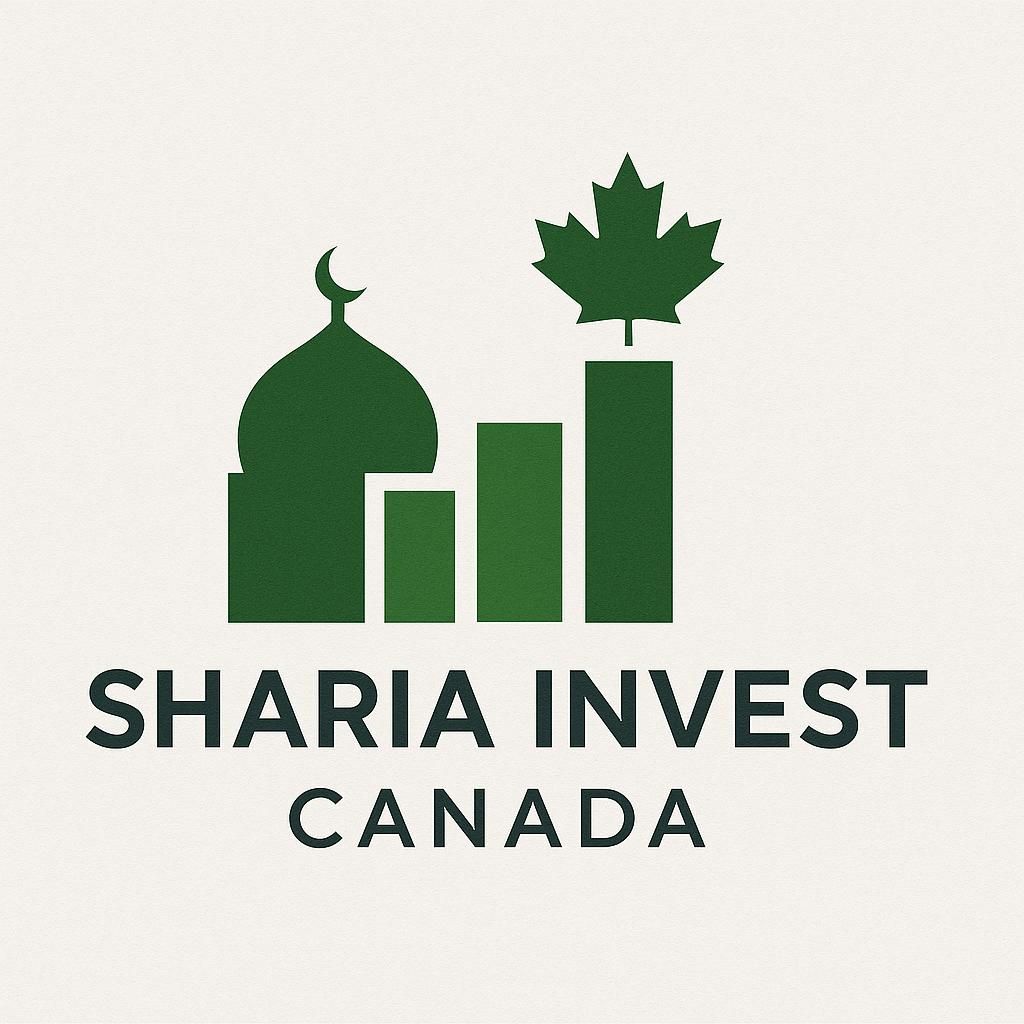Understanding the Basics of Islamic Finance: A Comprehensive Guide
Introduction to Islamic Finance
Islamic finance is a unique financial system that operates in accordance with Islamic law, or Sharia. It differs from conventional finance in various ways, primarily through its adherence to ethical and moral guidelines. Understanding these principles is crucial for anyone interested in exploring this alternative financial approach.

Key Principles of Islamic Finance
At the core of Islamic finance are several key principles. One of the most important is the prohibition of Riba, or interest, which is considered exploitative. Instead, Islamic finance encourages profit-sharing and risk-sharing mechanisms.
Another essential principle is the avoidance of Gharar, or excessive uncertainty and speculation. Transactions should be based on tangible assets or services, ensuring transparency and fairness in all dealings.
Ethical Investments
Islamic finance emphasizes investments in ethical and socially responsible projects. This includes avoiding industries considered harmful or unethical, such as alcohol, gambling, and tobacco. This focus on ethical investments promotes sustainability and social responsibility.

Types of Islamic Finance Contracts
Islamic finance employs various contracts to facilitate financial transactions without violating Sharia principles. Some popular types include:
- Mudarabah: A partnership where one party provides capital and the other provides expertise and management.
- Musharakah: A joint venture where all partners contribute capital and share profits and losses according to their contributions.
- Ijarah: A lease agreement where one party leases an asset to another for a specified period.
Sukuk: The Islamic Bond
Sukuk are often referred to as Islamic bonds. Unlike conventional bonds that pay interest, Sukuk holders receive a share of the profits generated by the asset underlying the Sukuk. This structure aligns with the principles of risk-sharing and ethical investing.

The Growth of Islamic Finance
Islamic finance has seen significant growth over the past few decades, expanding beyond Muslim-majority countries to global markets. This growth can be attributed to its ethical approach and appeal to investors seeking socially responsible investment opportunities.
Institutions offering Islamic financial products are now found worldwide, providing services such as Islamic banking, Takaful (Islamic insurance), and Sharia-compliant investment funds.
Challenges and Opportunities
Despite its growth, Islamic finance faces challenges, including regulatory differences between jurisdictions and a need for greater standardization. However, these challenges also present opportunities for innovation and collaboration within the industry.

Conclusion
Understanding the basics of Islamic finance is essential for anyone interested in exploring alternative financial systems rooted in ethical and moral principles. With its focus on fairness, transparency, and social responsibility, Islamic finance offers a compelling option for investors seeking a more equitable financial future.
